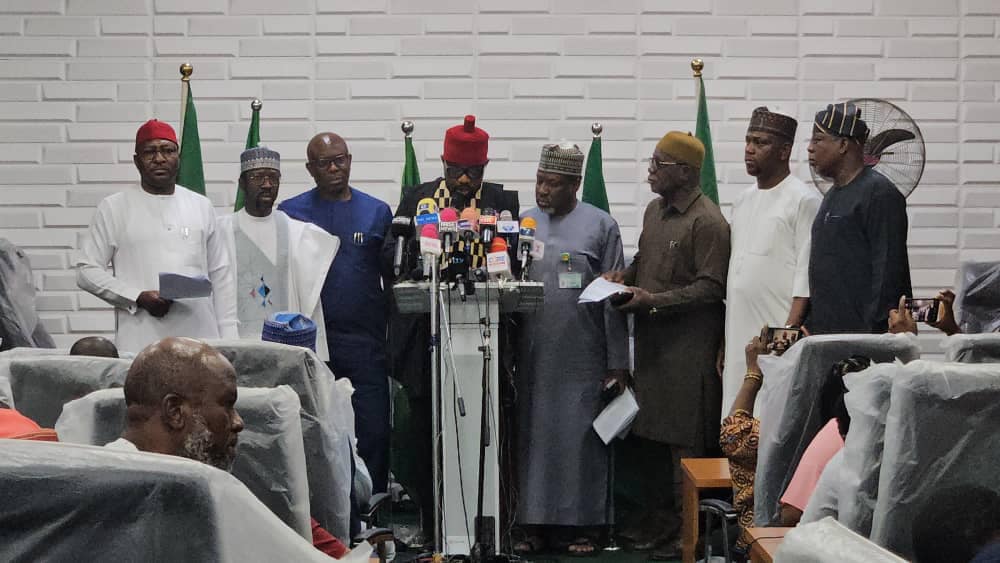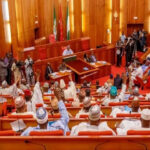
Some Abuja-based lawyers have reacted to Chief Justice of Nigeria (CJN), Justice Tanko Muhammad’s proposal to the National Assembly to confer power of control of the Code of Conduct Tribunal (CCT) to the National Judicial Council (NJC).
The CJN made the submission in a paper he presented as recommendations of the judiciary during the national public hearing by the Senate Committee on review of the 1999 Constitution.
Code of Conduct Bureau (CCB) and CCT are creations of the executive, at the federal level, by virtue of Section 153(1)(a) of the Constitution of the Federal Republic of Nigeria, 1999 (as amended) and the Third Schedule thereto.
In spite of exercising judicial powers, CCT is placed under control of the Presidency, through Office of the Secretary to the Government of the Federation, in the current Constitution.
A lawyer, Friday Abu, said: “CCB is created for the purpose of regulating the submission of assets declaration by public office holders and taking steps to scrutinise and recommend appropriate cases to its tribunal (CCT) for sanctions. Therefore, the creation and existence of the CCT is taken outside the judicature as provided for under Chapter 7 (Sections 230 – 296) of the Constitution.”
Abu explained that NJC, on the other hand, was equally created to handle issues of appointment, promotion and discipline of judicial officers. But the Constitutional provisions for the CCB specifically make the CCB answerable only to the Presidency, in conjunction with the Senate.
“It is safe to say that CCB or CCT is not under control of the NJC. And if the Chairman or any other staff of the CCB misbehaves, they are not subject to disciplinary action by the NJC. By necessary implication, this means CCB/CCT is on its own, and only the Presidency can control it.
“This current status of the CCB/CCT has generated a lot of debate in public space from judges, lawyers and other commentators. A lot of them kick against the current position that makes the CCB answerable to only the Presidency and the Senate,” he said.
He said the reason judicial stakeholders are kicking against the CCB being answerable to only the Presidency is because the Presidency and the entire federal executive are also supposed to be subject to the control of the CCB.
“The President of the Federal Republic of Nigeria, Vice President, and all public servants are supposed to declare their assets and update their declarations with the CCB. It is, therefore, reasonably expected that such a body should be independent, just like the normal courts. And members of the CCT should be subject to the NJC for their appointment and discipline, to guarantee impartiality and independence.”
Also speaking, another lawyer, Seprebofa Oyeghe, said the NJC was established under provisions of Section 153 of the 1999 Constitution.
“Its function, among others, is to appoint, promote and discipline judicial officers by the provision of Paragraph 21 of Part One of the Third Schedule to the 1999 Constitution, as amended.”
He said the chairman and members of the CCT were not listed as those the NJC could exercise disciplinary control on, though the Fifth Schedule, Part 1, Item 15 of the Constitution provides thus: “The Chairman and members of the CCT shall be appointed by the President in accordance with the recommendation of the NJC.
“Hence, application by the CJN asking the National Assembly to amend the Constitution, to confer powers of control over the CCT on the NJC, is proper, otherwise the actions, rulings and decisions of the CCT may continue to expose the judiciary to shame and ridicule.”












